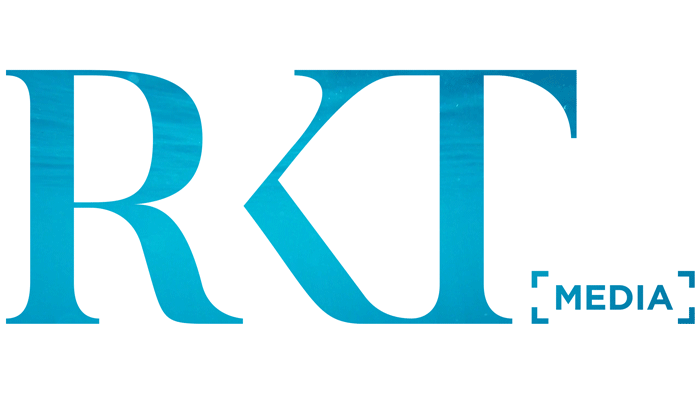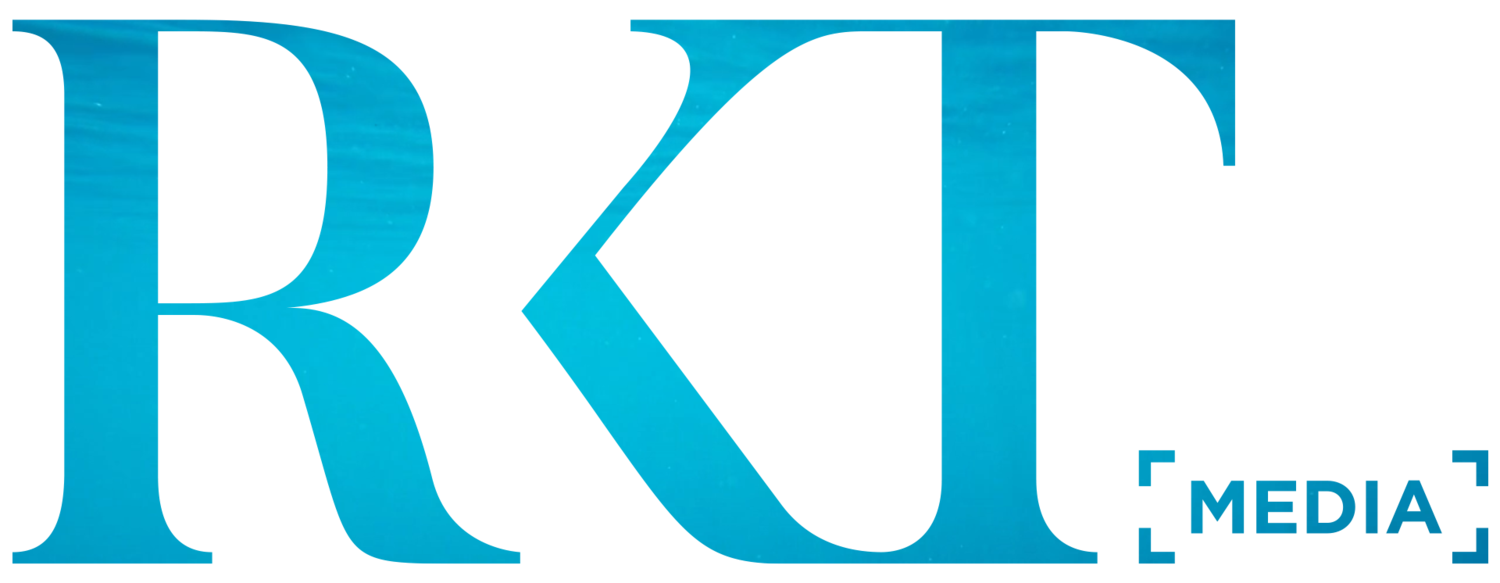Values Will Power Communications In 2021
Originally posted on Forbes.com | By Ronald Alepian, Forbes Councils Member
In 2020, communications experts were tested like never before. We’ve all done something to merit the jobs we’re in — we ran successful political campaigns, advised on multibillion-dollar transactions, fought proxy contests, dealt with an existential crisis, positioned brands and launched groundbreaking products. We have the experience that only comes from the adrenaline-charged moments that shaped our careers.
Covid-19 was different. For the first time in recent history, the entire world plunged into crisis at once. And not just one crisis, but many. We have a health crisis, which has infected and killed so many. We saw the fastest and sharpest economic downturn since the financial crisis. We’ve experienced fear, anger, anxiety and human hardship at scale, globally. And we’ve seen disproportionate impacts that have laid bare the systemic inequalities in society, with some communities impacted more severely and some businesses, particularly small businesses and those in the service and hospitality sectors, pushed to the edge and their very existence in peril.
There was no playbook to manage a crisis of this magnitude and reach. The demands placed on communicators in 2020 exceeded anything we’ve ever seen before. We were asked to keep our people connected and our customers reassured. Many of us have done our best to help our front-line teams feel protected and their concerns heard and addressed. We’ve supported our communities, connected with our governments, kept our shareholders informed and protected our brands.
On balance, we delivered. We drew on every ounce of experience and reinvented communications, built new channels, leveraged social media, published at scale, equipped our leaders with new tools, reached every customer, touched every stakeholder. We’re tired and a bit bruised, but we got it done the best we could.
In the process, our functions were elevated to every decision-making table. Good decisions make for strong communications, and we were called upon to advise not only on what to say but on what to do. It made all the difference.
Now what? Communities around the world are devastated, with millions still out of work. Businesses of all sizes are badly shaken and their consumers have new expectations and heightened demands. In 2021, communicators must help rebuild. For our employers and clients, and for society. Because, wish as we may, things won’t be the same.
Integrity, ethics, inclusion, sustainability, social conscience and societal impact are central to our future. Yet, being a good corporate citizen won’t be enough. Consumers will look at organizations and ask tough questions every day. Are we challenging norms, tackling injustice, adding our voices and our efforts to build a better tomorrow?
I believe every decision by every consumer will now have two dimensions: Does the product or service deliver what I need or want? And does the company, organization, small business or individual before me walk their talk?
Gone are the days when a cohesive narrative communicated effectively across multiple channels changes minds or behaviors. More often than not, it’ll simply be forgotten, if read at all. In 2021 and beyond, it’s going to take a whole lot more. Because the future of business is being rewritten by values.
Here are a few things to keep in mind as you plan for the year ahead:
1. It isn’t about public relations, it’s about public relationships. Don’t build plans just to get earned media or social amplification. Build plans that will create values-based conversations with all your stakeholders, internal and external.
2. Employee engagement matters, but the future also demands employee alignment. Do those who work for you believe in the higher purpose of your organization? And do they believe they have a role to play in delivering it? Airlines don’t move people; they connect communities. Restaurants don’t serve food; they provide an experience. Banks don’t lend money; they help businesses and households achieve their goals.
3. Inclusion is the heartbeat that builds a strong organization and society. All of your stakeholders — internal and external — must feel the inherent equity in your organization. Employees, clients and the communities in which we all operate must be able to see and experience how you champion diversity and help promote a more inclusive future.
4. Culture has to be so thick you can cut it with a knife. How we work and the people we attract defines the service we offer and the impact we have. It’s that simple. Without culture, you don’t have a purpose-driven organization and you can’t build trust with your audiences — you simply have a lot of busy people doing stuff. Culture can be your most powerful competitive advantage.
5. Sustainability isn’t something you do; it’s something you live. It has to become a central part of your business — in how you build, deploy, sell and service. No organization can succeed in the long-term without a clear action plan for sustainable growth.
6. Lead with your values. Don’t just sell a product or service. Solve a problem, express a perspective, start a new conversation and connect with audiences much more personally.
In 2020, we earned a seat at the table and influenced the decisions that guided our employers and clients as they navigated an unprecedented situation. In 2021, let’s maintain that role and extend it even further. Operating at the intersection of public policy, public opinion, employee engagement and media, we can offer a unique perspective and have a valuable voice.
As communicators, we have the opportunity to help businesses and organizations make sound decisions, build the right products and services and strengthen stakeholder relationships. If we do that well, the storytelling will take care of itself.

